The Importance of Sensory and Developmental Toys in Children's Growth
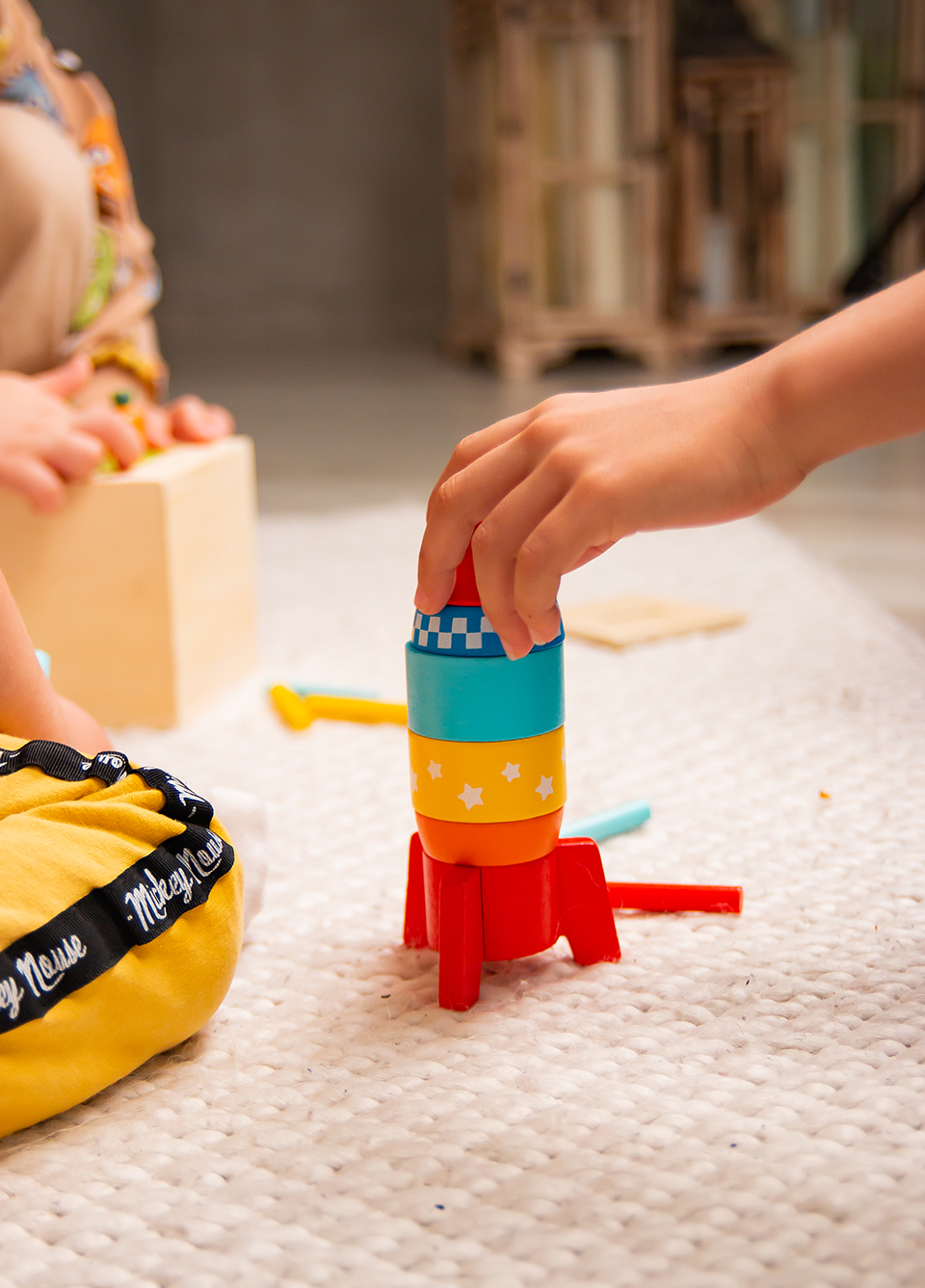
The sensory development of infants is crucial for the foundation of cognitive, emotional, and motor skills that will impact their lifelong learning.
Research indicates that providing varied sensory stimuli helps brain plasticity and the development of neural connections. For instance, the exploration of touch and different textures aids cognitive and emotional regulation. Similarly, auditory and visual stimuli support the development of primary language skills and attention focus, which will be key elements of later learning.
Toys that engage multiple senses (such as sound-producing toys, textured materials, and visually stimulating objects) significantly enhance infants' neurosensory development. These activities foster essential skills such as spatial awareness, movement coordination, and sensory information integration, all of which contribute to reaching developmental milestones.
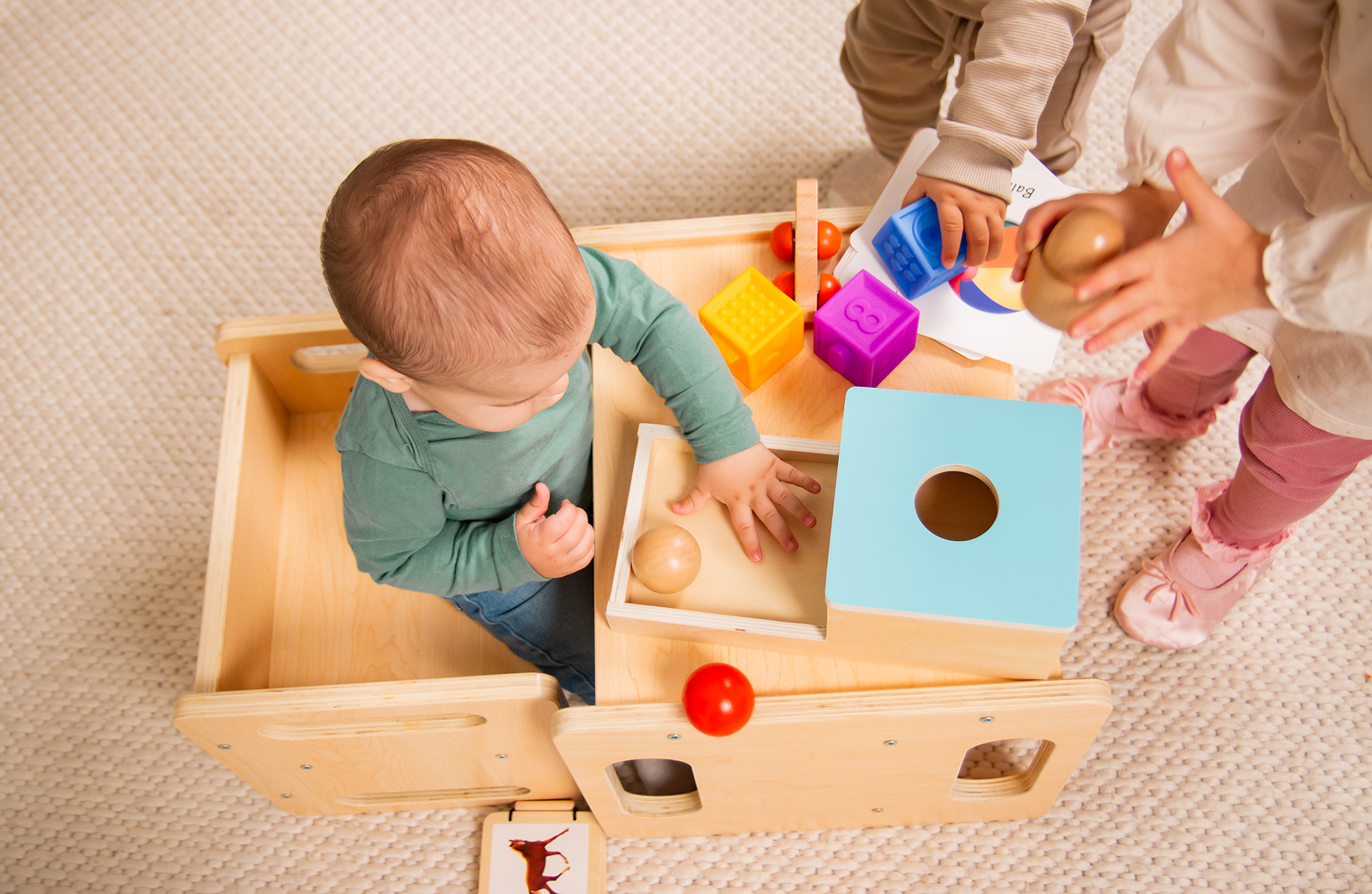
Engaging in multi-sensory play activities not only has immediate developmental benefits but also brings long-term advantages, improving infants' information processing and environmental responsiveness. Additionally, research emphasizes the role of parents and caregivers in supporting sensory development through regular and enjoyable interactions during play, which strengthens emotional bonding and aids in stress management.
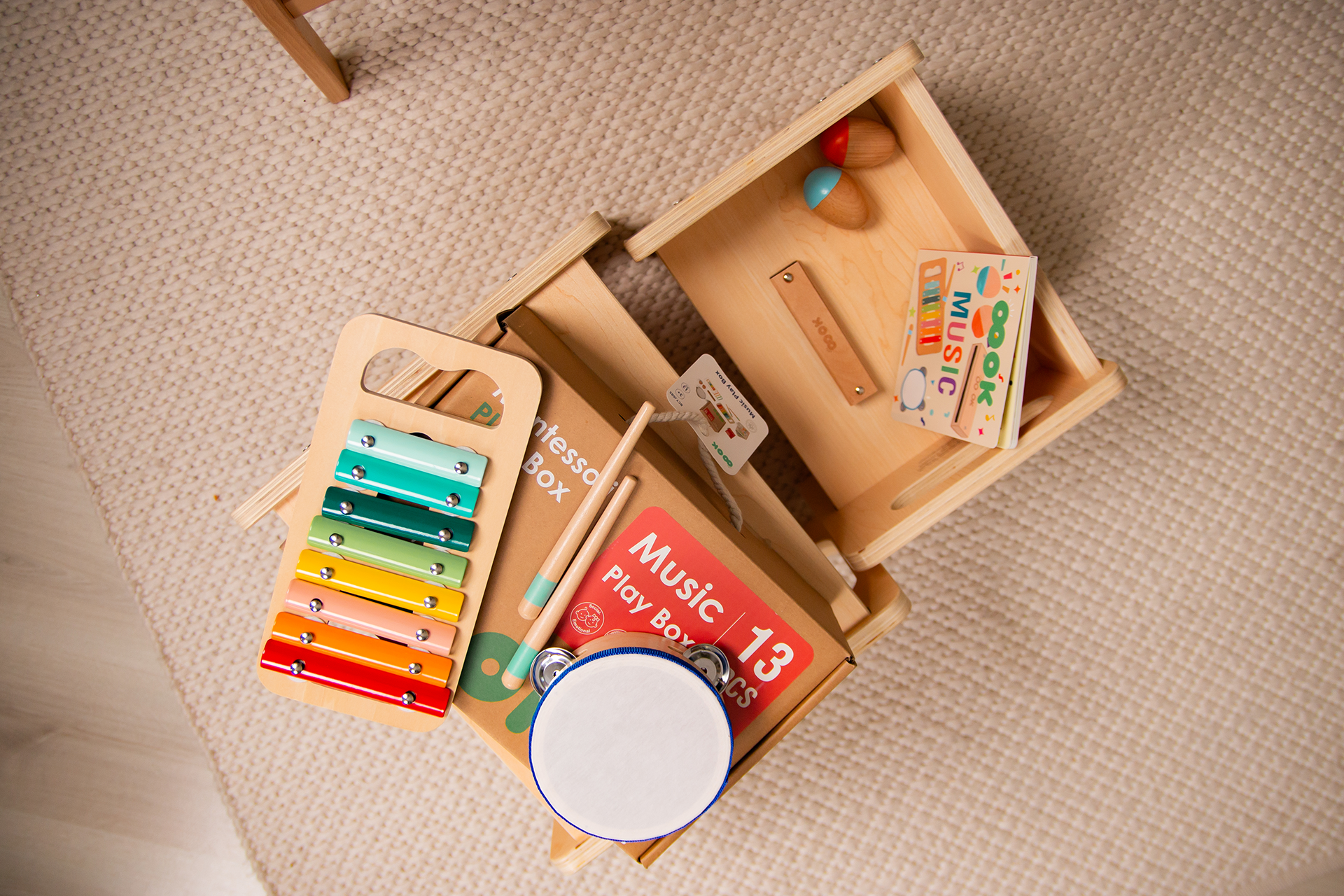
Interesting information on the subject:
- There are several intriguing aspects of sensory development, particularly the connections between sensory organs and their role in early learning. Sensory integration, which refers to the coordination of information from different senses, is of paramount importance. The harmony of touch, sight, hearing, and movement allows infants to recognize their spatial position and respond safely to their surroundings.
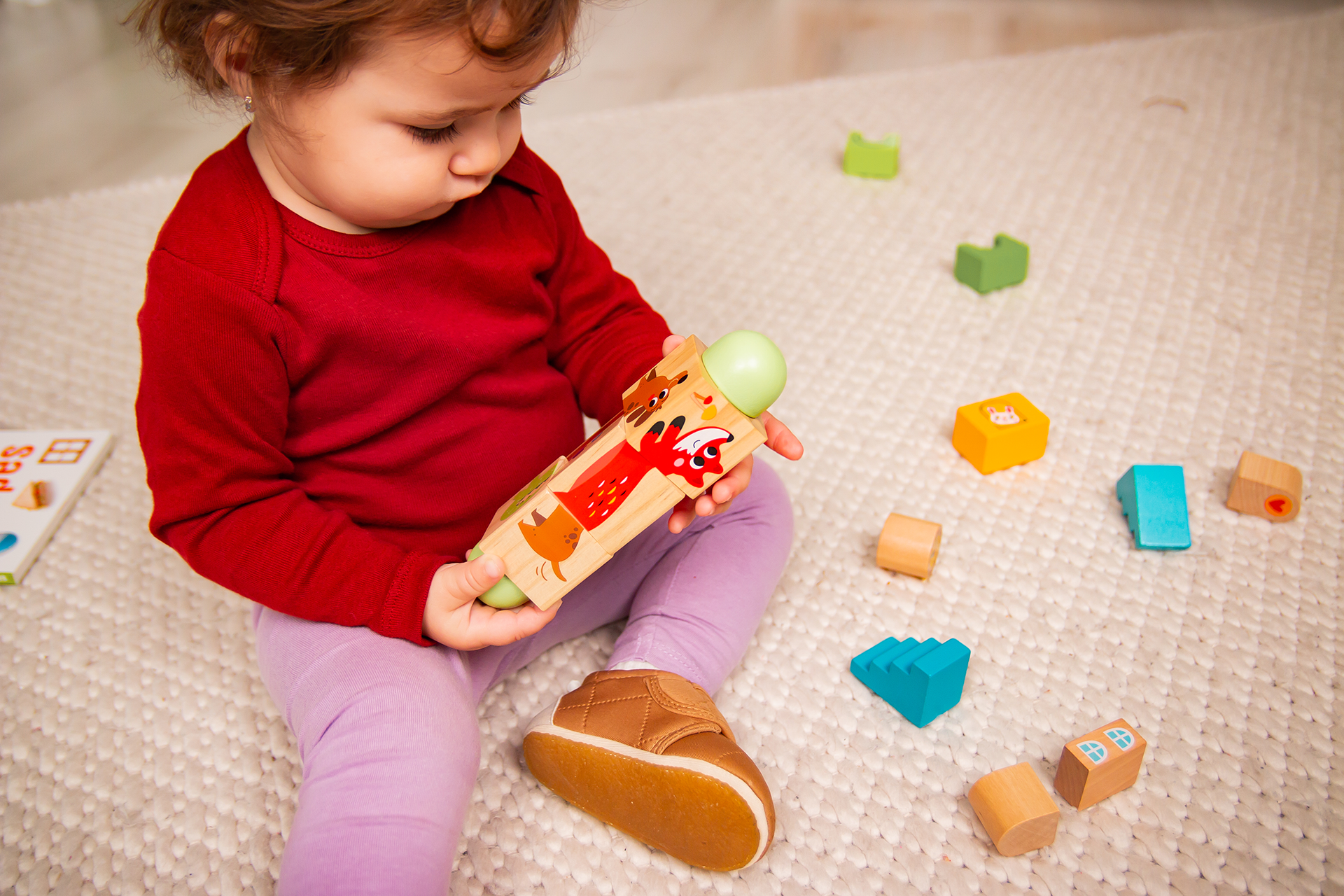
- An interesting aspect is the role of the vestibular system, which is responsible for balance and spatial orientation. Research suggests that activities such as swinging and spinning are especially important for developing this part of the nervous system, as these stimuli directly activate the vestibular system, which contributes to the development of motor skills.
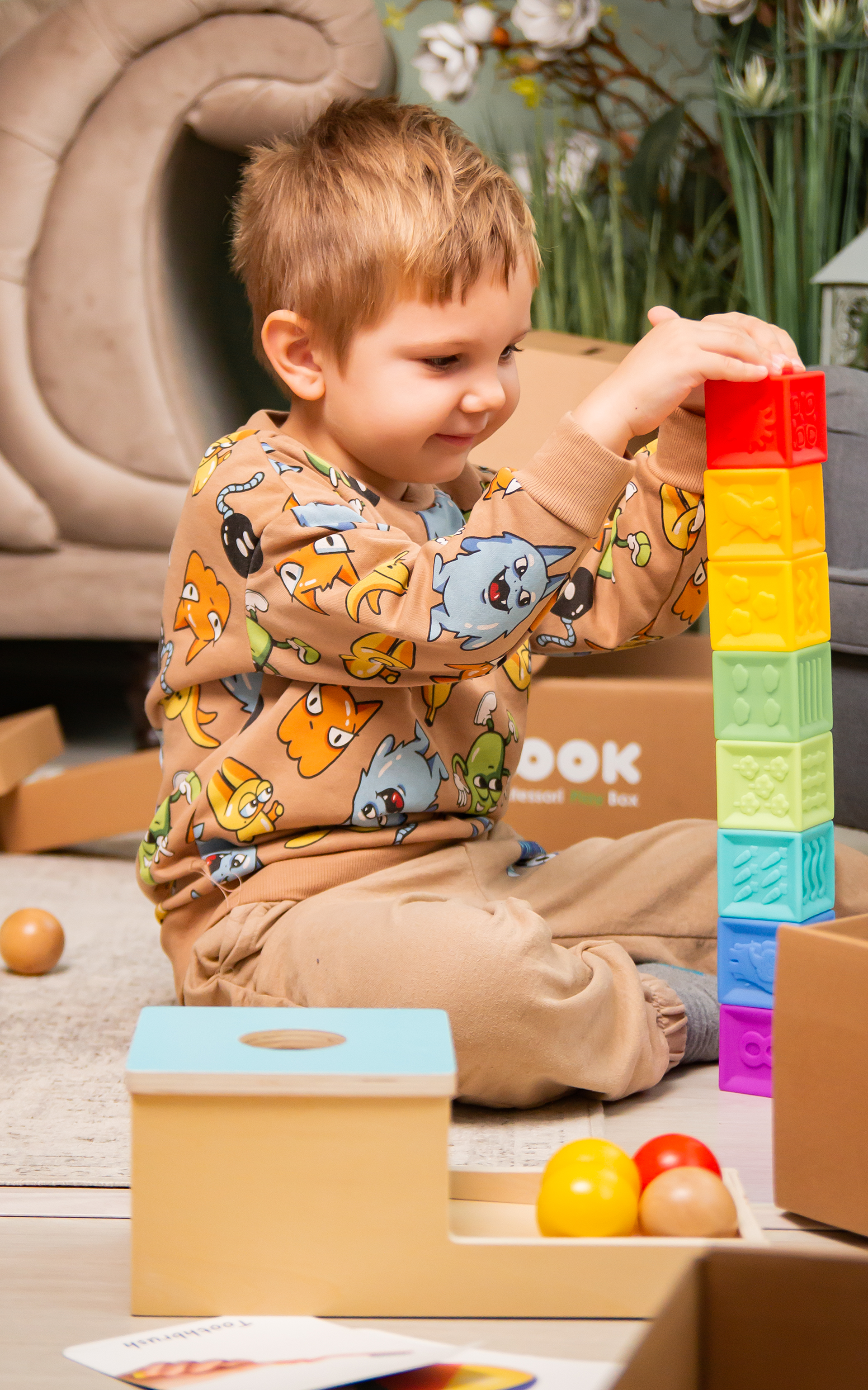
- Sensory processing disorder (SPD), a disorder in which children may be overly sensitive to certain stimuli (such as sounds, light, or touch) while barely reacting to others, is becoming an increasing focus of attention. Addressing such disorders is crucial for children's development, as they may hinder their learning abilities and social interactions.
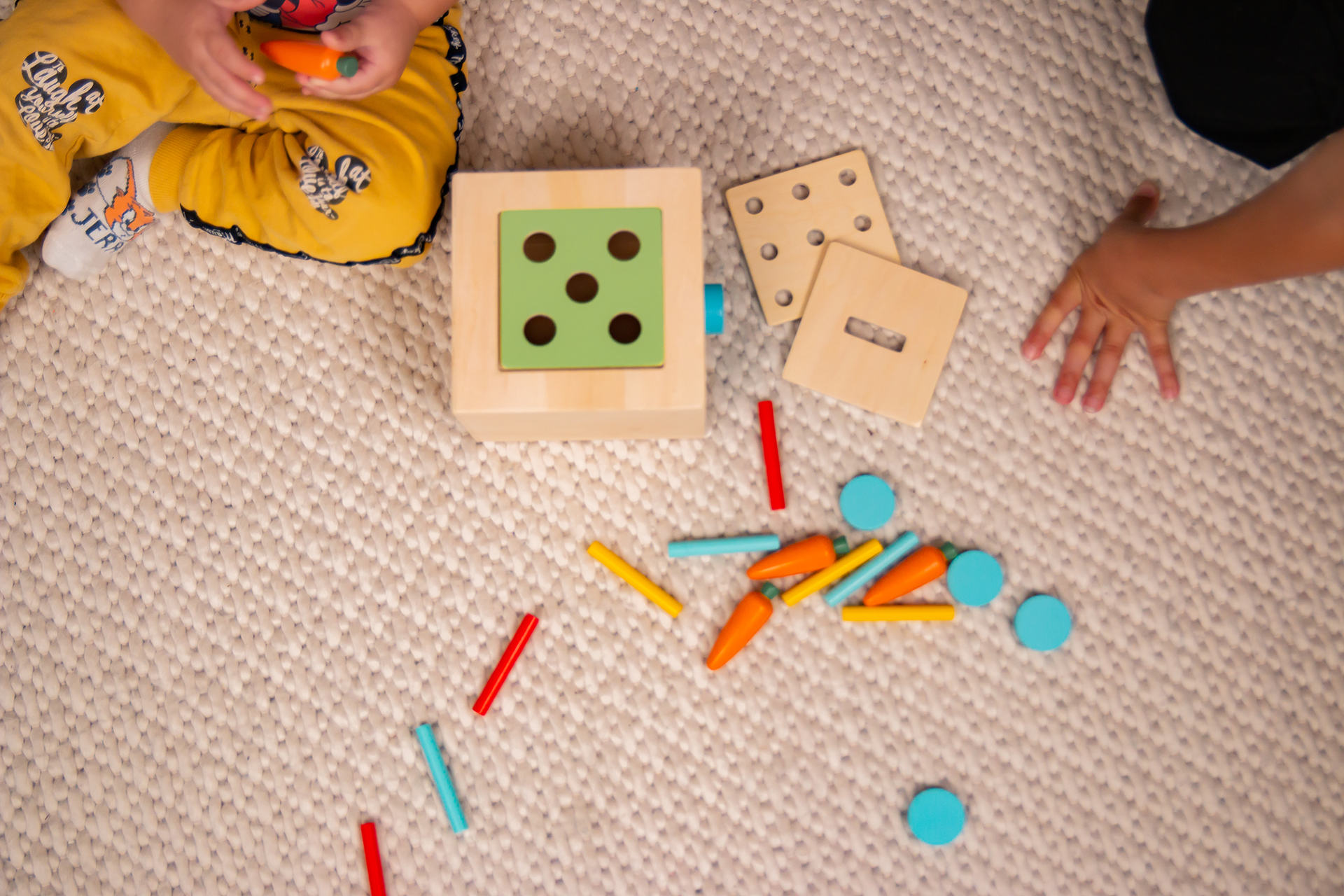
- Play not only plays a physical role but also contributes to cognitive and emotional development. Free, unstructured play fosters creativity and problem-solving skills and helps children manage stress. Research shows that during play with parents and peers, children acquire essential social and communication skills, while also strengthening emotional bonds.
These discoveries underline that providing the right sensory and motor stimuli for infants not only impacts their physical development but also plays a key role in building their cognitive and emotional skills.
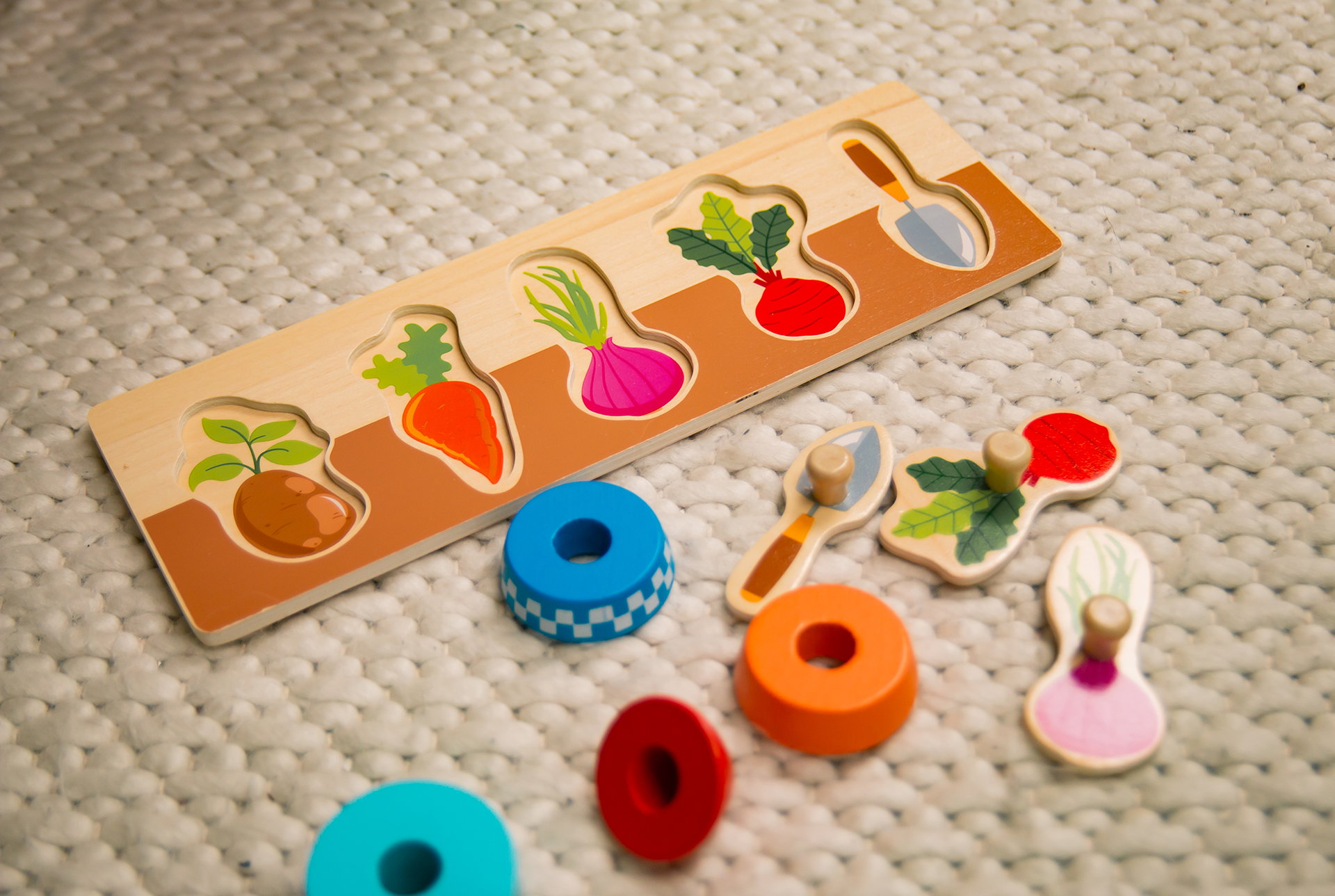
Sources:
https://academic.oup.com/pch/article/15/3/153/2639317#google_vignette
